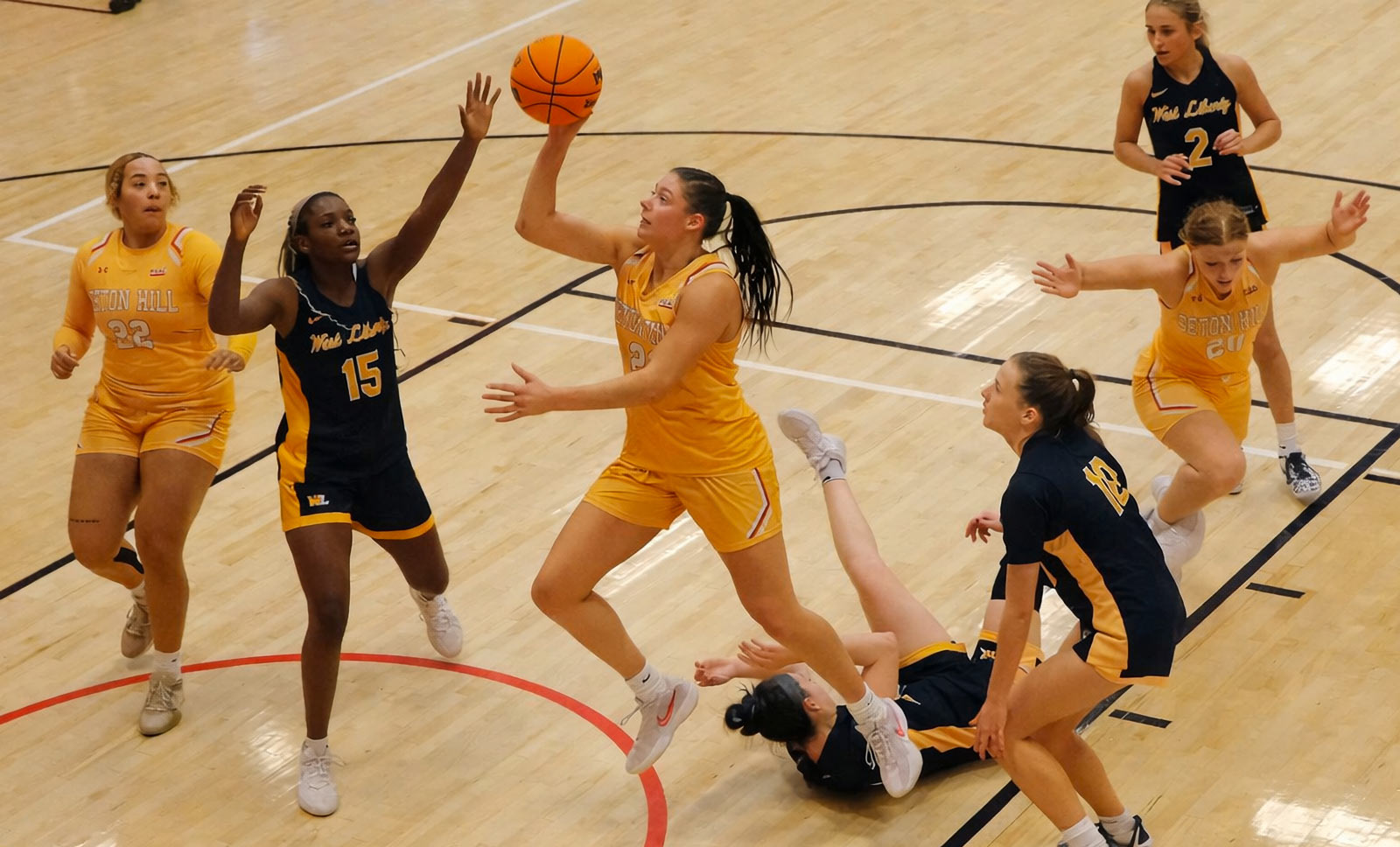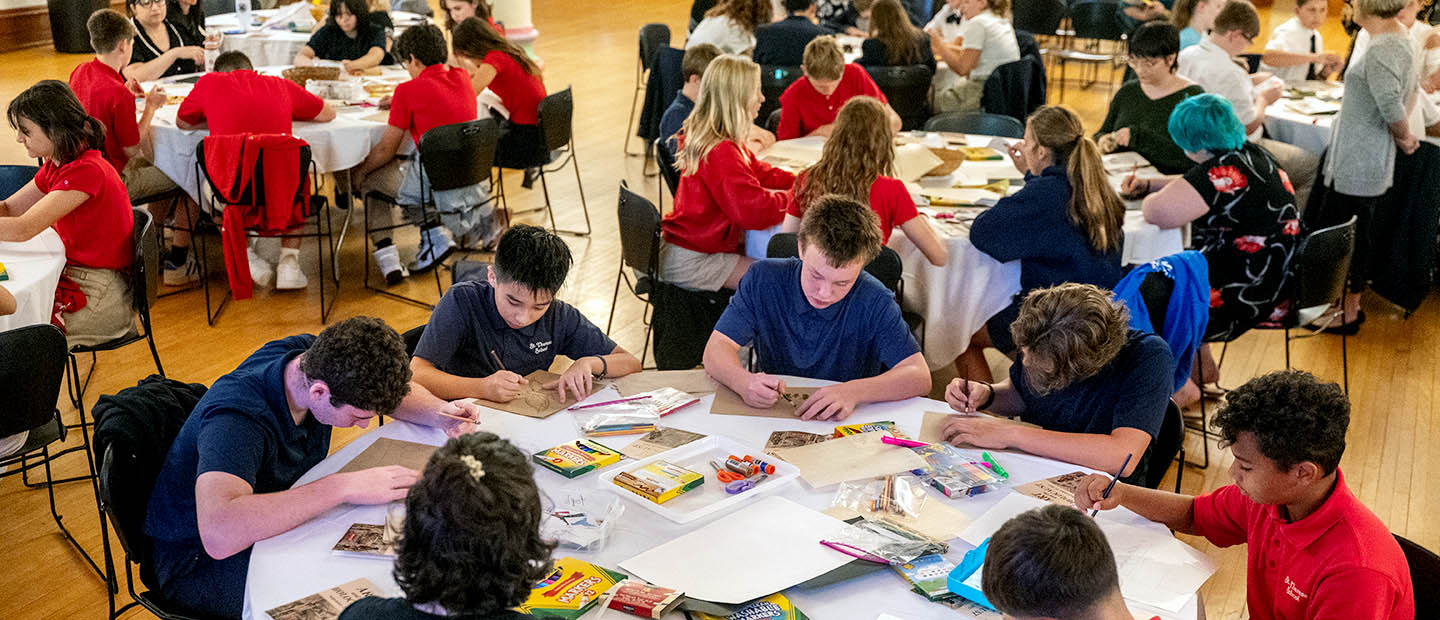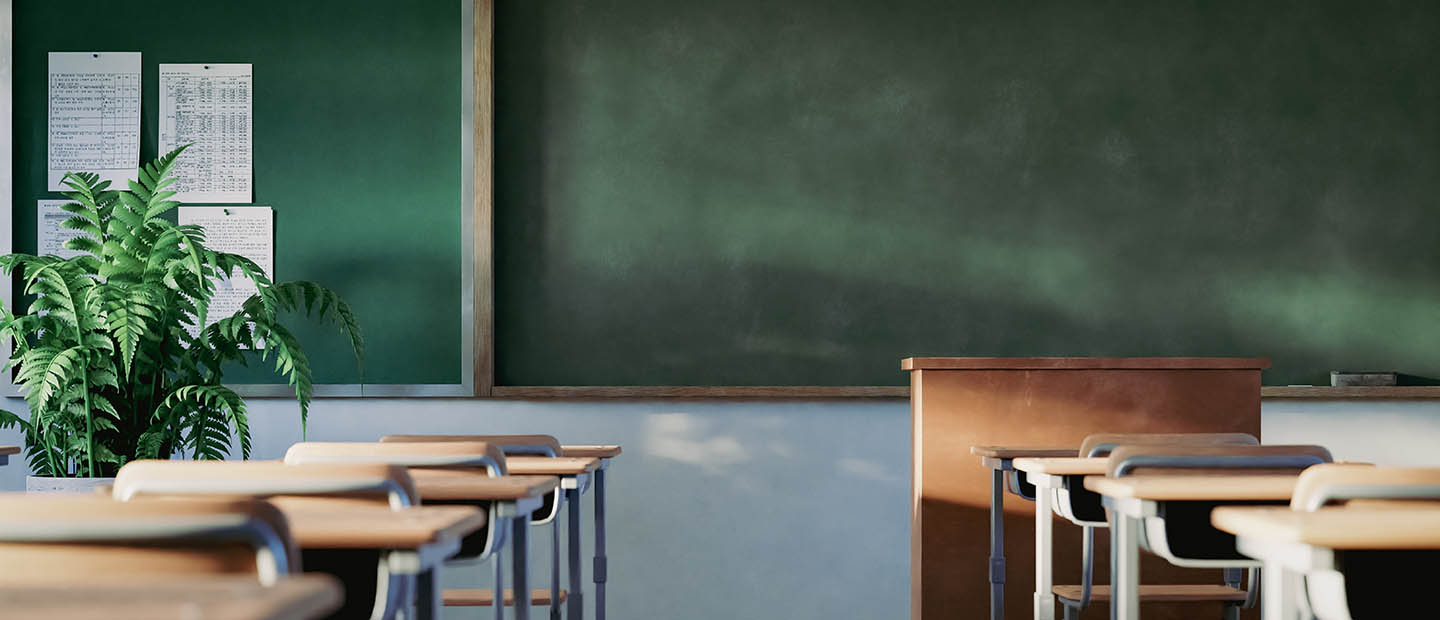Seton Hill’s Kristallnacht Remembrance Interfaith Service on November 12, 2019 to Commemorate the 81st Anniversary of the “Night of Broken Glass”
The National Catholic Center for Holocaust Education (NCCHE) and the Office of Campus Ministry at Seton Hill University will hold the annual Kristallnacht Remembrance Interfaith Service on Tuesday, November 12, 2019 at 6 p.m. The service, which is open to the public, will be held in Seton Hill University’s Saint Joseph Chapel, located in the Administration Building on the University’s hilltop campus in Greensburg, Pa.
This year’s service will remember Kristallnacht just after its 81st anniversary. On November 9 and 10, 1938, the Nazis burned synagogues, looted Jewish homes and businesses and murdered individuals throughout Germany, Austria and other Nazi controlled areas in a pogrom known as Kristallnacht, “the night of broken glass.” The allusion is to the broken glass that littered the ground from the shattered windows of Jewish-owned businesses. This state inspired and sanctioned night of violence resulted in the deaths of 91 Jews, the looting of 7,000 Jewish businesses, the arrest of 30,000 Jewish males and the desecration or destruction of 267 synagogues.
This year’s interfaith service will feature remarks by three Pittsburgh area Holocaust survivors: Ruth Drescher, who survived Kristallnacht as a child growing up in Germany; Shulamit Bastacky, who survived the Holocaust as a “Hidden Child;” and Rabbi Walter Jacob, Rabbi Emeritus at Rodef Shalom in Pittsburgh, who escaped Nazi Germany with his family after Kristallnacht.
Seton Hill University formally announced the establishment of its National Catholic Center for Holocaust Education in November 1987 by commemorating Kristallnacht. For each year since, the University has marked the anniversary with an interfaith service where students gather with Holocaust survivors and remember with word, music and reflection.
The National Catholic Center for Holocaust Education(NCCHE) was established on the campus of Seton Hill University in 1987. Seton Hill initiated this national Catholic movement toward Holocaust studies in response to the urging of Pope John Paul II to recognize the significance of the Shoah, the Holocaust, and to “promote the necessary historical and religious studies on this event which concerns the whole of humanity today.” The NCCHE has as its primary purpose the broad dissemination of scholarship on the root causes of antisemitism, its relation to the Holocaust and the implications from the Catholic perspective of both for today's world. Toward this end the Center is committed to equipping scholars, especially those at Catholic institutions, to enter into serious discussion on the causes of anti-Semitism and the Holocaust; shaping appropriate curricular responses at Catholic institutions and other educational sites; sustaining Seton Hill's Catholic Institute for Holocaust Studies in Israel through a cooperative program with Yad Vashem; encouraging scholarship and research through conferences, publications, workshops for educators, and similar activities; sponsoring local events on the Holocaust and related topics in the University and the community and enhancing Catholic-Jewish relations.



